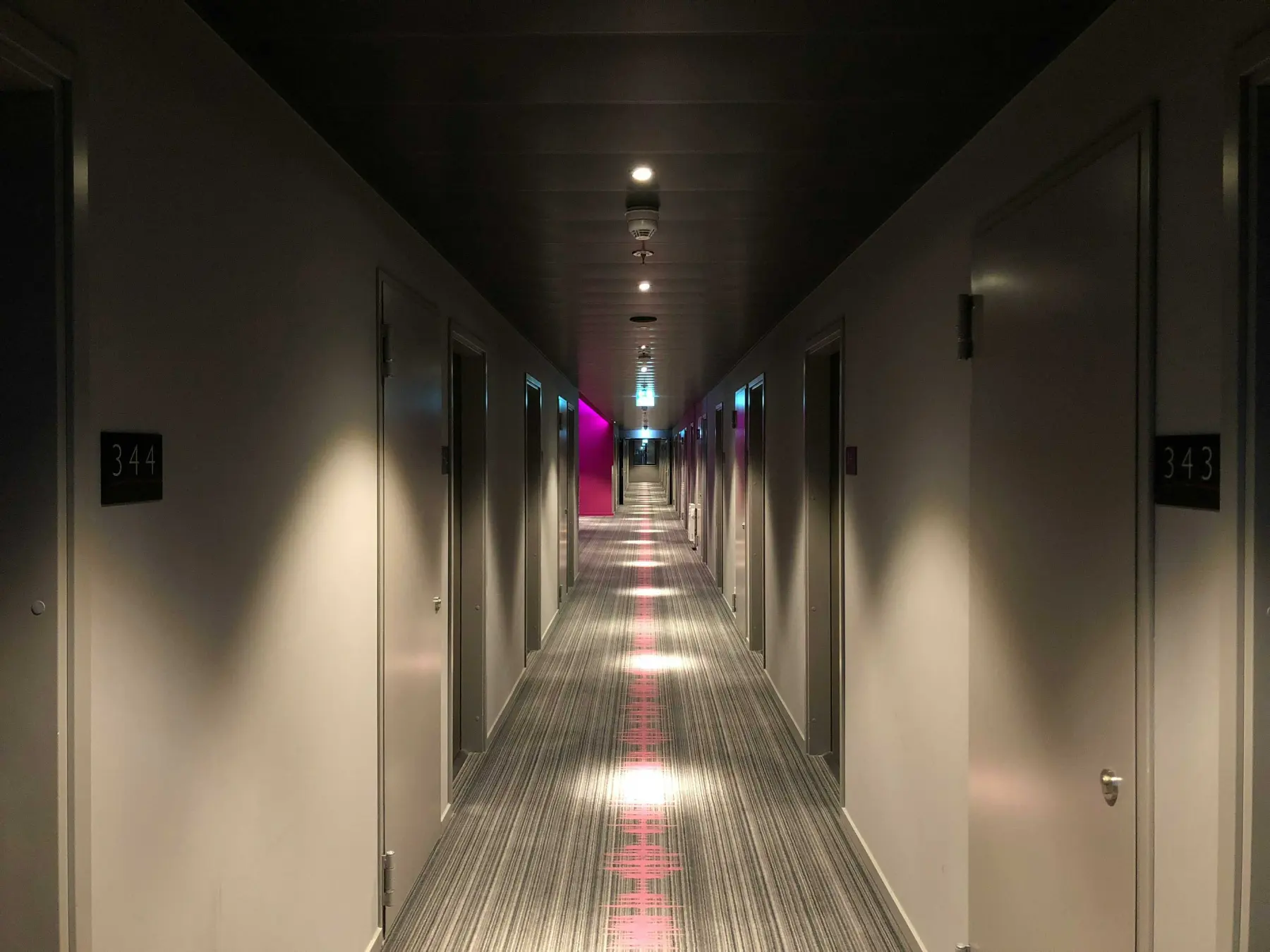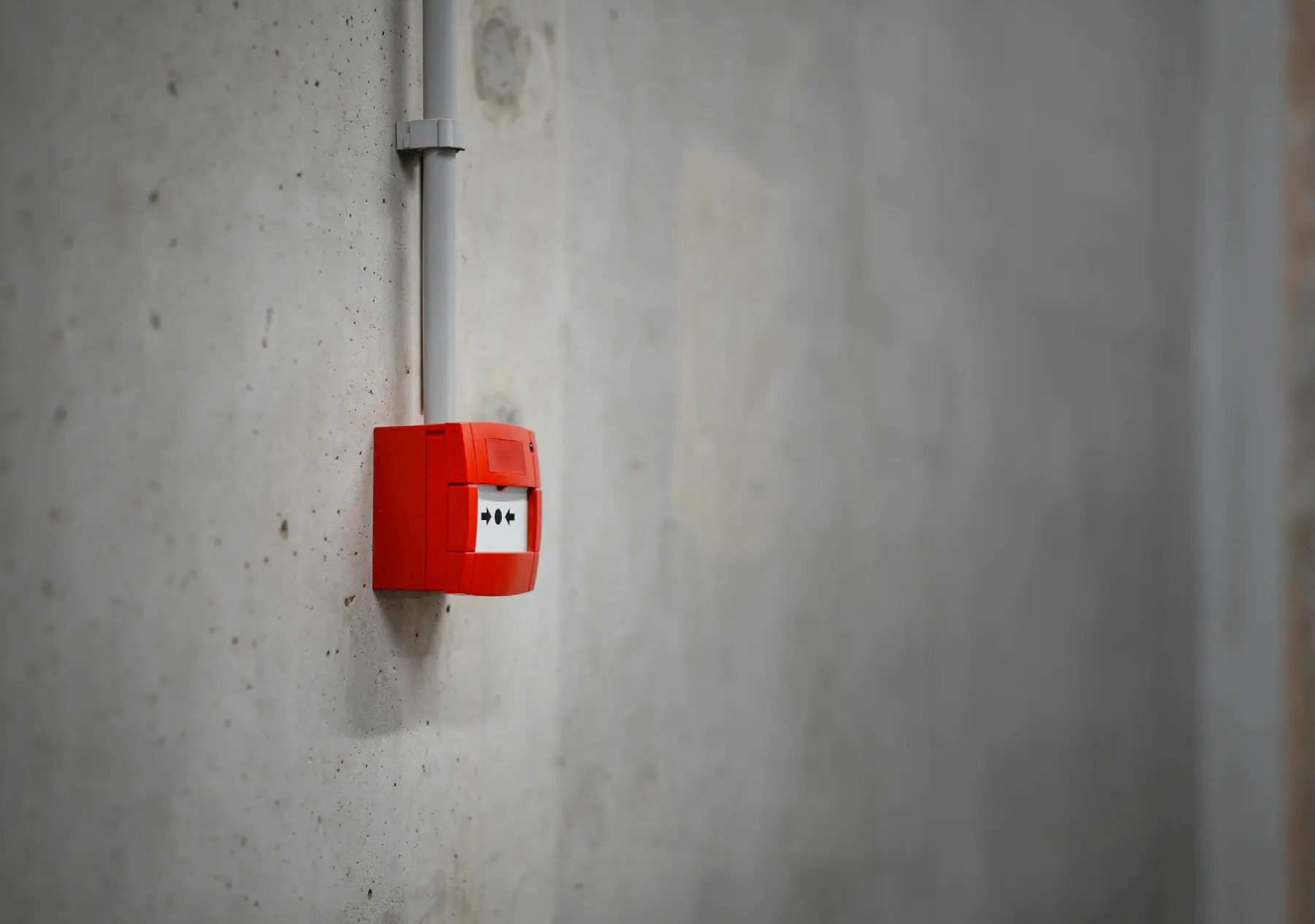Fire Safety in Hotels and Hospitality Venues: Key Considerations

Hotels and hospitality venues are unique environments when it comes to fire safety. They often house a diverse and transient population, including guests who are unfamiliar with the building's layout, and staff who work varying shifts.
As a manager or owner of such a venue, understanding and implementing robust fire safety measures is paramount not only for compliance but, more importantly, for safeguarding lives and your establishment's reputation.
The Unique Challenges of Hospitality Venues
Unlike an office building with a consistent workforce, hotels and similar venues face specific fire safety hurdles.
Transient Occupancy
Guests are often asleep when fires occur, and their unfamiliarity with the building can lead to confusion and delayed evacuation. They may also bring personal electrical devices that could pose a risk.
Complex Layouts
Many hotels feature intricate layouts with multiple floors, wings, kitchens, laundry facilities, and sometimes even conference centres or retail units. This complexity can make evacuation routes less straightforward and fire containment more challenging.
High Occupancy Density
During peak seasons or events, hospitality venues can have a very high number of occupants, making swift and orderly evacuation a significant logistical challenge.
Varied Fire Hazards
Beyond typical electrical and cooking hazards, hospitality venues often deal with a range of other risks, including laundry facilities, guest room appliances, and decorative materials that may or may not be fire-retardant.
The "Responsible Person" in Hospitality
As with other commercial premises, the Regulatory Reform (Fire Safety) Order 2005 designates a "responsible person" for fire safety in hotels and hospitality venues. This individual, who could be the hotel owner, general manager, or operations manager, bears the ultimate responsibility for ensuring fire safety compliance and implementing effective measures. Their duties are broad and encompass everything from conducting regular fire risk assessments to maintaining all fire safety equipment.
Essential Fire Safety Measures for Hotels and Hospitality
A layered approach to fire safety is crucial for hospitality venues, combining preventative measures, robust detection systems, and effective emergency procedures.
Robust Fire Alarm Systems
An effective Fire Alarm system is vital for early warning. Hotels require sophisticated systems capable of alerting all occupants promptly. This includes the strategic placement of smoke detectors in all guest rooms, common areas, and back-of-house facilities, as well as heat detectors in kitchens and laundry rooms.
The system should also incorporate manual call points in accessible locations. Regular maintenance, including weekly testing by a designated individual and professional quarterly and annual inspections, is critical to ensure the system is always fully operational. Magni Fire provides comprehensive Fire Alarm Maintenance to keep these systems in peak condition.
Clear Evacuation Routes and Signage
Given that guests are often unfamiliar with the building, clear, well-lit, and unobstructed escape routes are non-negotiable. Fire Safety Signage must be prominent and easy to understand, guiding guests to the nearest fire exit and assembly points. Regular checks are needed to ensure that fire exits are never blocked, even temporarily.
Fire Extinguishers and Wet/Dry Risers
Appropriate fire extinguishers, suitable for the specific fire risks in different areas (e.g., kitchens, electrical rooms), must be readily available and regularly maintained. Professional Fire Extinguishers Maintenance & Servicing is essential to ensure they are fully charged and functional. For multi-story hotels, Wet / Dry Riser Systems are crucial for firefighters to access water quickly on different floors, and these also require regular inspection and testing.
Passive Fire Stopping
To limit the spread of fire and smoke through the building, Passive Fire Stopping measures are essential. This involves sealing openings and gaps in walls, floors, and ceilings with fire-resistant materials to maintain compartmentalisation.
In a hotel, this means ensuring that fire-rated doors are properly installed and maintained, and that any service penetrations are correctly sealed, preventing fire from spreading rapidly between rooms or floors.
Gas Suppression Systems for Critical Areas
For areas like server rooms, IT infrastructure, or valuable archives within the hotel, where water damage from sprinklers could be catastrophic, Gas Suppression Systems offer a vital alternative. These systems extinguish fires quickly without leaving residue, minimising disruption and protecting sensitive equipment.
Staff Training and Emergency Procedures
Well-trained staff are your first line of defence. All employees, from receptionists to cleaning staff, must receive comprehensive fire safety training. This should cover:
- Understanding the fire alarm system and how to activate it.
- Evacuation procedures include assisting guests with disabilities or those who may need additional help.
- The location and proper use of fire extinguishers.
- Knowledge of emergency exits and assembly points.
- Procedures for calling emergency services. Regular fire drills are essential to practice these procedures and ensure staff can guide guests effectively in a real emergency.
Regular Maintenance and Inspections
Consistent and thorough maintenance of all fire safety systems is not just a recommendation; it is a legal requirement. This includes not only fire alarms and extinguishers but also electrical systems, heating, and ventilation.
Professional fire safety technicians should conduct regular inspections and servicing to identify and address any potential issues before they become critical. Neglecting fire alarm system maintenance can have dire consequences, including safety risks and regulatory non-compliance.
Partnering with Fire Safety Experts
Managing fire safety in a hotel or hospitality venue can be complex and time-consuming. Partnering with a qualified and experienced fire protection provider can ensure that your establishment meets all regulatory requirements and benefits from the highest standards of safety.
At Magni Fire, we understand the specific needs of the hospitality sector. Our fully trained and BAFE SP203 certified technicians offer end-to-end fire safety solutions. Our expertise ensures your venue has robust fire detection and protection systems you can rely on.
To learn more about how Magni Fire can help you enhance your venue's fire safety, please contact us today.



.webp)
